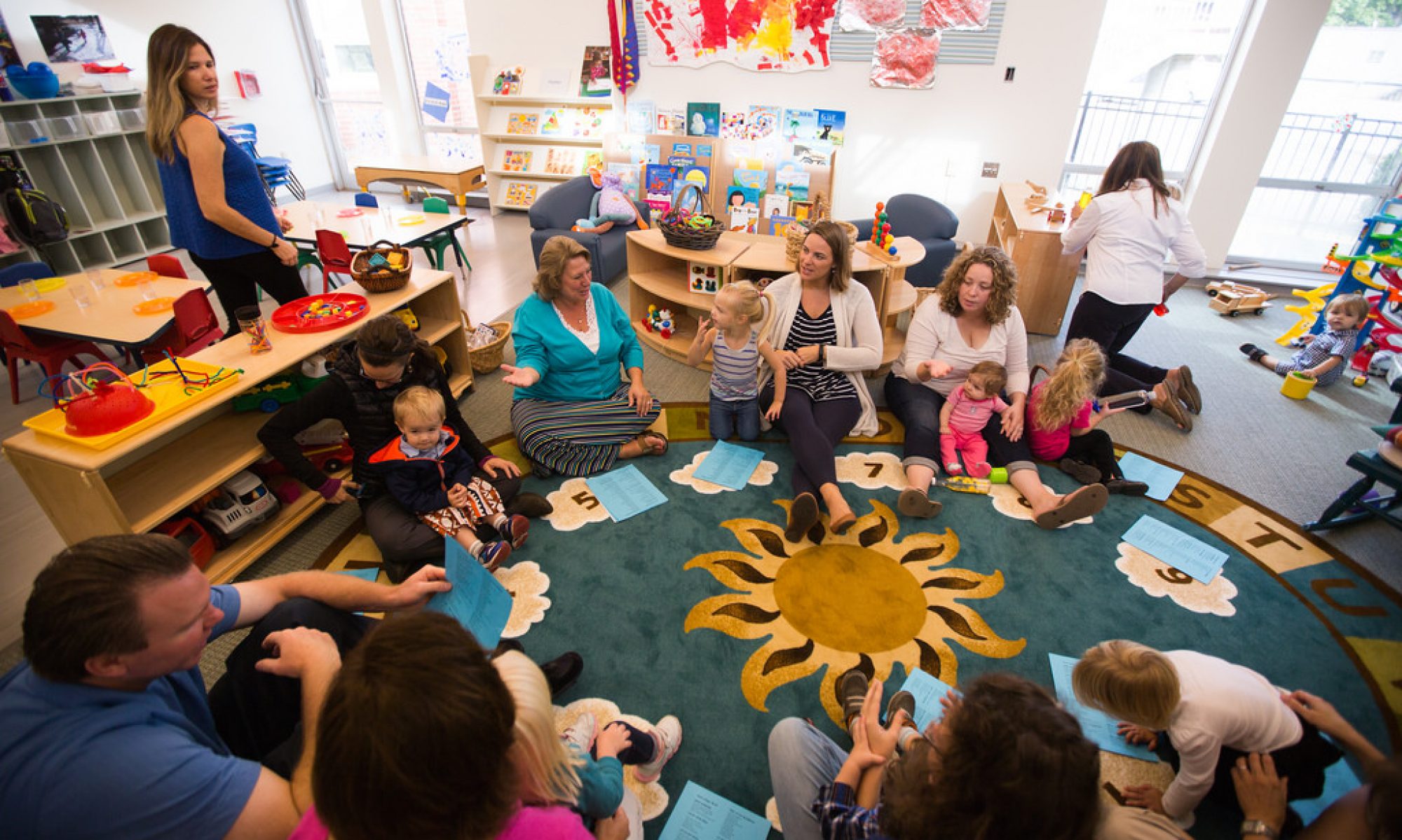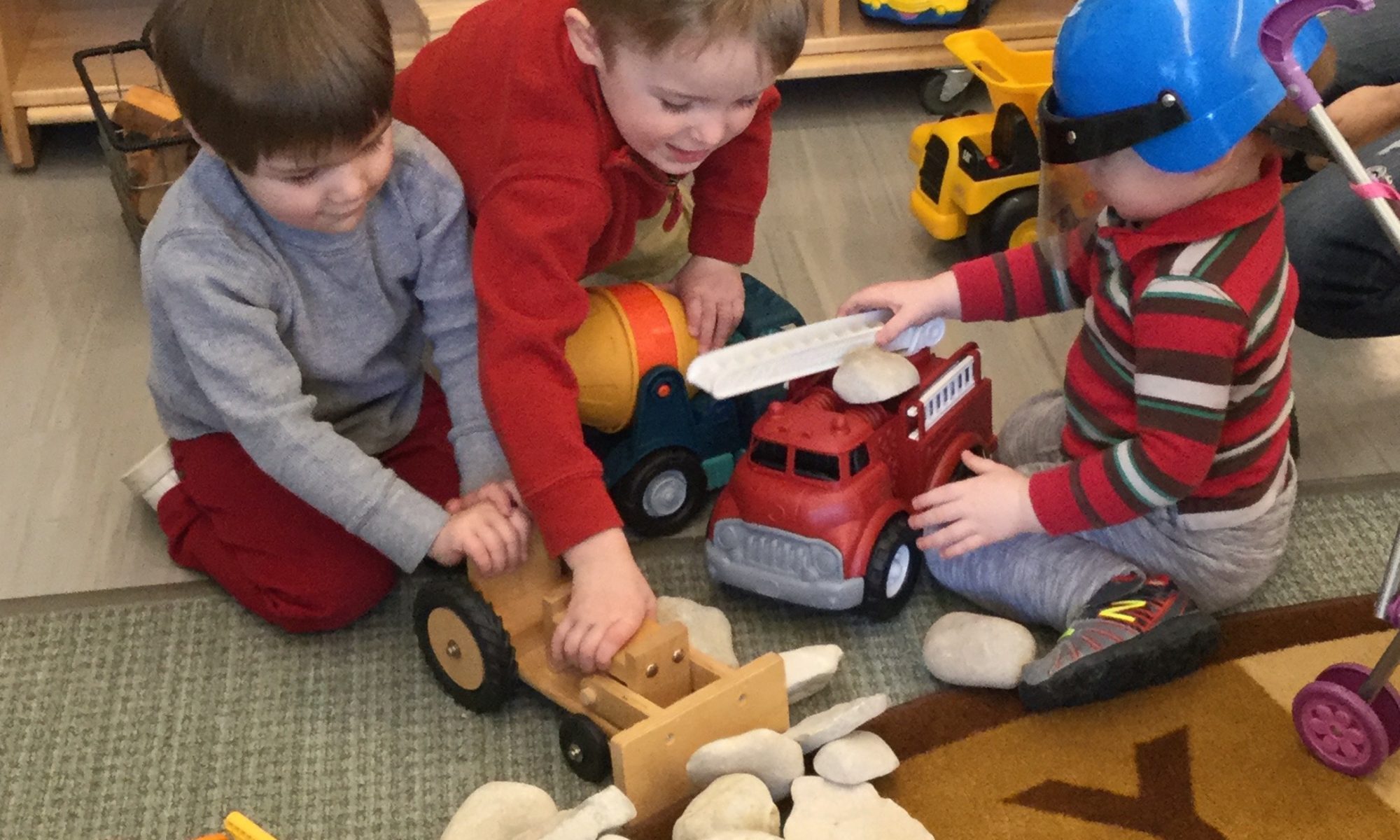By Dorothy Halverson, Director of Acorn Programs
Our children learn to love our values as we find and use the discipline which is firm but loving, consistent but flexible, and principled but understanding. We want our children to love doing what is right. We make requests with an attitude of expectancy, and sometimes it helps to give some acceptable choices. “Would you like to hop or tip-toe to bed?” If neither of these choices is acceptable to him, we can ask, “Would you like to walk or be carried?”, and if he doesn’t go, we can say, “Oh, I see you decided to be carried,” and then do it with a fun trot. The child understands that we are not going to waver in making a right request, but that we do love him.
When there is no choice, such as, “Do you want to come to dinner?” or “Do you want to get in your car seat?”, then it is important not to phrase the request as a question, thereby giving the child a choice. A better way to phrase the request is, “It’s time to come in for dinner.” or “We are going to the store, so you need to get in your car seat.” We all like to plan ahead and know what is coming next. Children will be more cooperative, too, if they are told what’s coming.
Though we must understand children and not be unreasonable in our expectations, we must also expect enough of them. Children should not be allowed to be disrespectful or impolite towards others. If we hold them firmly to right actions when they are young, they will gain responsibility and learn that responsibility brings freedom. If a child is expressing jealously, aggression, or willfulness, and we feel it is natural for him to be jealous of a sibling, we are giving credibility to an erroneous belief and accepting this false concept of him. It is important to deny these negative traits as erroneous suggestions that have no part in our child’s individuality and hold steadfastly to the true concept of our child as an expression of Love.
Discipline is teaching, not blaming and punishing the child. When disciplining, always separate the behavior from the child. Your approach should assure the child that you love him, but not the inappropriate behavior. “Love does not permit a child to disrespectful, disobedient, and willful. Love corrects.” (Education at The Principia, p. 26) You have the knowledge and experience to know what’s best for your children. Continue to listen for the metaphysical truths about the situation and the actions that may be taken to help your child learn the needed lesson. Parenting is a constant learning process, and as we strive to use the methods which teach the desired lessons to our children, we find ourselves enjoying them more fully.


YES! This has worked so well with our daughter. We realized that now we are phrasing everything as a question- especially in working through transitions… “Time to go to the potty- do you want to walk or mommy carry you?”